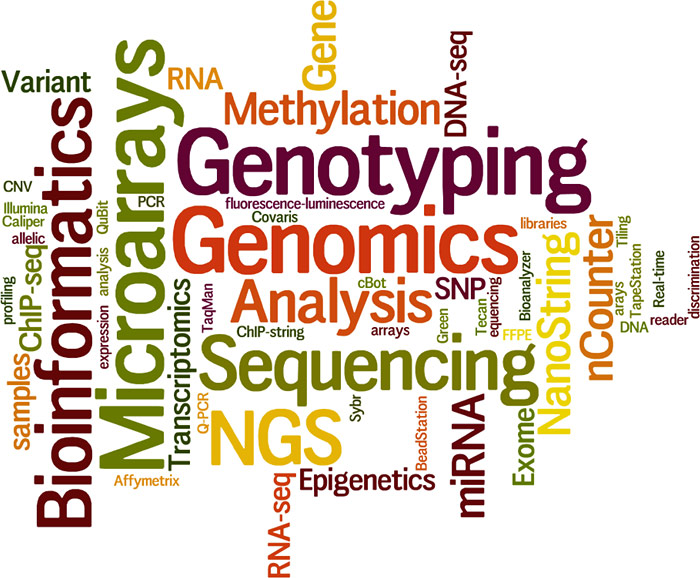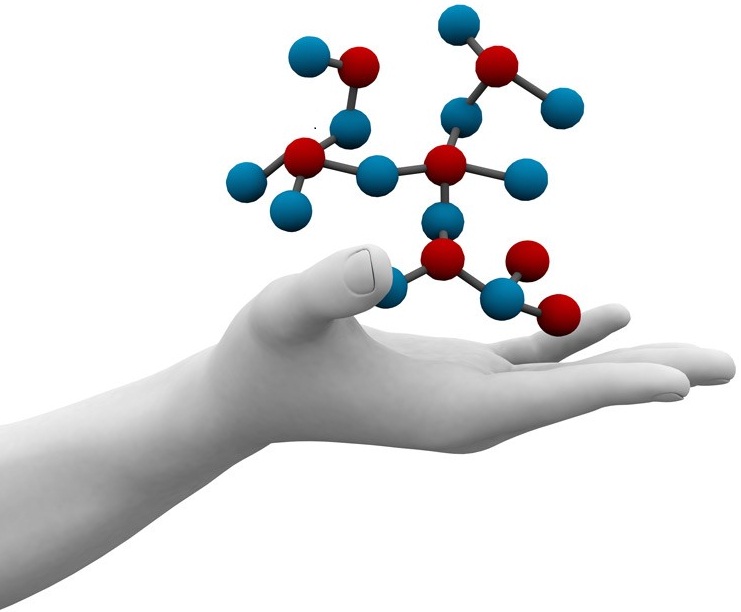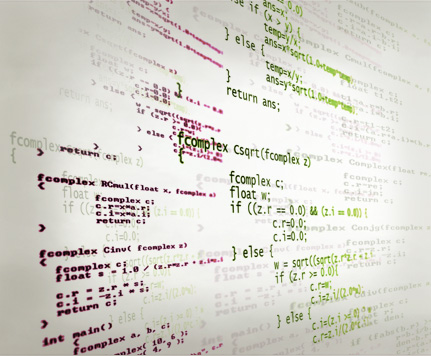Life science and Bioinformatics services
During the past 15 years, we are experiencing an unparalleled boom in the data available in modern biological sciences. The completion of the sequencing of the human genome and the pioneering techniques that were developed to achieve this, led to an unprecedented emergence of new high-throughput biotechniques producing huge amount of various biological data. All the above have given rise to a new field, bioinformatics, which combines elements of biology, computer science and statistics in order to extract meaningful outcome from huge and complex biological datasets and answer the associated biological questions.
Bioinformatics is nowadays an inherent part of research in molecular biology. It helps bioscientists to use of computers to study and manage biological data, develop computational methods to study the structure, function, and evolution of genes, proteins and genomes and unravel biological mechanisms of action.
In the area of medicine, bioinformatics tackles problems of identifying disease genes both from the huge amount of DNA sequence now available, and from population studies. Using these techniques and more, bioinformatics has already opened new avenues for identifying useful drugs. Practically, the identification of disease genes has allowed, in some instances, the replacement of the affected proteins.  And last, bioinformatic comparison of infectious viral and bacterial genomes have given indications of what makes a particular strain virulent.
Applied to biology, these techniques have led to a better understanding of how extent animals are related evolutionally. Comparison of homologous genes across organisms has and continues to clarify what are the important nucleotides in a gene. In silico protein folding has provided information about the chemistry of catalysis, giving insights into how genes control biological processes. Despite these successes many fascinating problems remain. Especially intriguing are problems of the control of genes and the mechanisms by which this control leads to development of organisms. Much of this will be done in the laboratory, but bioinformatics will be an integral part.
At HybridStat, we specialize in Bioinformatics. HybridStat can offer consulting services for all your bioinformatics needs, statistical experimental designs, data analysis and reporting. We offer a full range of bioinformatics services spanning many areas of modern molecular biology and can help you treat your data in the following domains:



